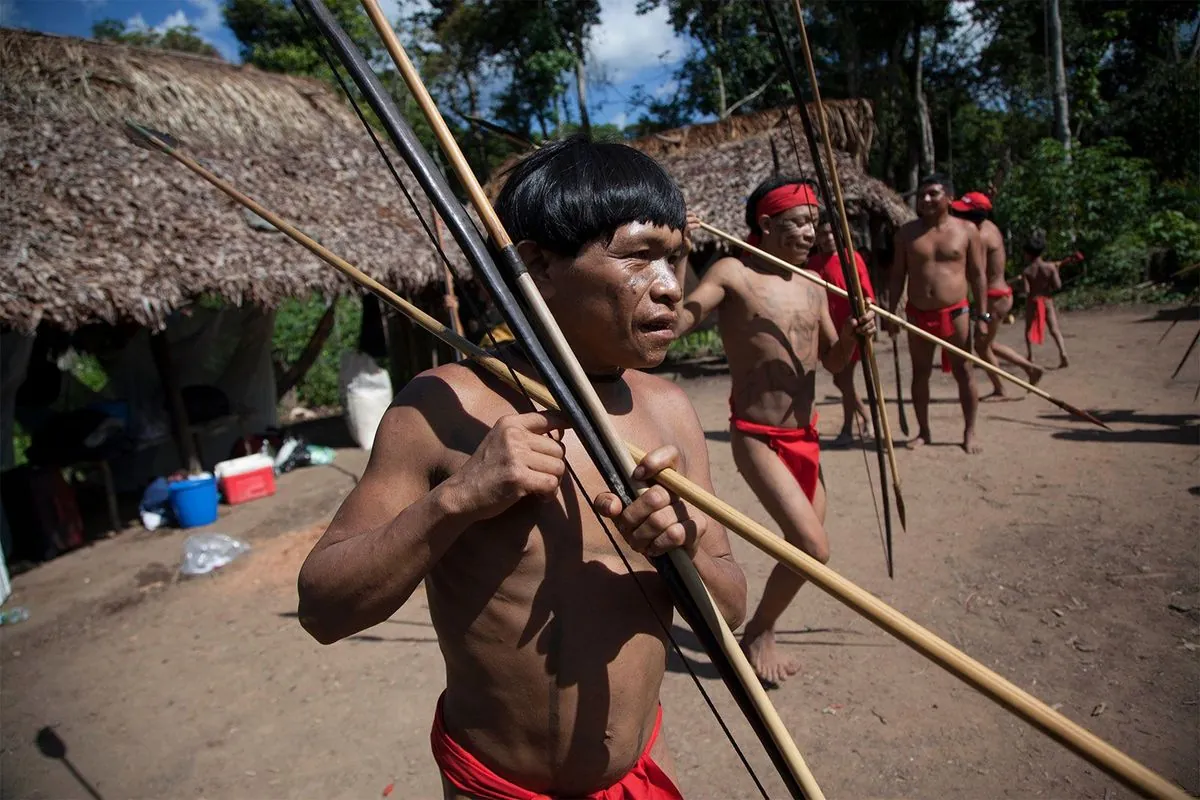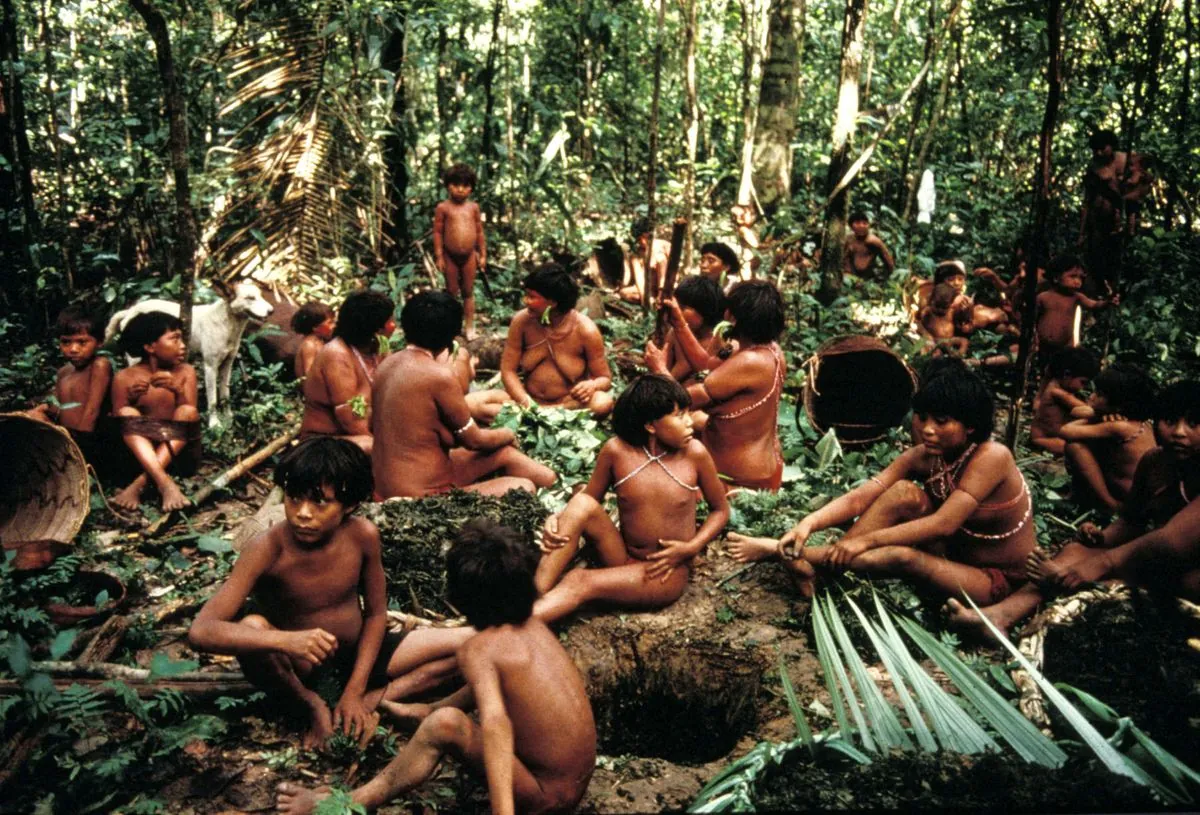Brazil Curbs Illegal Gold Rush in Yanomami Territory, Challenges Remain
Brazil has largely halted illegal gold mining in the Yanomami reservation, improving indigenous living conditions. However, environmental damage and lingering miners pose ongoing challenges for the Amazon community.

In a significant turn of events, Brazil has made substantial progress in curtailing the illegal gold rush that plagued the Yanomami reservation in the Amazon rainforest. Nilton Tubino, the official overseeing the operations, reported that the government's efforts have largely succeeded in expelling unauthorized miners and alleviating the humanitarian crisis that had befallen South America's largest isolated indigenous group.
The Yanomami, numbering approximately 27,000, inhabit a vast territory comparable in size to Portugal. This indigenous community, first contacted by outsiders in the 1940s, has traditionally sustained itself through hunting, gathering, and small-scale agriculture. Recent government interventions have enabled many Yanomami to resume their customary way of life.

Since March 2024, Brazilian authorities have conducted hundreds of operations to dismantle the illegal mining infrastructure. These efforts have resulted in the destruction of 42 clandestine airstrips, the confiscation of 92,000 liters of diesel, and the dismantling of 90 Starlink satellite dishes used by miners for communication. Additionally, 18 aircraft were set ablaze, 45 dredging barges were sunk, and 700 pumps were destroyed.
The government's multi-faceted approach has involved various agencies, including the military, environmental protection units, and health workers. A radar system has been installed to monitor unauthorized flights, further tightening control over the area.
Junior Hekurari, head of the Yanomami health council Condisi, acknowledged the government's success in addressing the immediate health crisis. However, he highlighted ongoing challenges:
"The waters are poisoned and there are no fish. Our people believe the earth has been contaminated and that is why the crops are not growing."
This statement underscores the long-term environmental impact of illegal mining, particularly the mercury pollution that has contaminated rivers and soil in the region. Mercury, widely used in illegal gold mining, is highly toxic and poses severe health risks to both humans and wildlife.
The Brazilian government's efforts to protect the Yanomami align with its constitutional obligation to safeguard indigenous lands, which cover approximately 13% of the country's territory. The Amazon rainforest, crucial for global climate regulation, has been under increasing pressure from various economic activities, including illegal mining.
While significant progress has been made, with an estimated 80% of miners expelled, challenges remain. Some miners have returned or remained hidden in the forest, necessitating ongoing vigilance. Tubino emphasized the need to disrupt the supply chain that sustains illegal mining operations, from fuel and food provisions to the gold trade.
As part of its commitment to the Yanomami's well-being, the government has reopened medical outposts and plans to construct a hospital in Surucucu, a remote village near the Venezuela border. These measures aim to address the health issues exacerbated by the miners' presence, including malaria outbreaks and malnutrition.
The situation in the Yanomami territory serves as a microcosm of the broader challenges facing indigenous communities and environmental conservation in the Amazon. As Brazil continues its efforts to protect this vital ecosystem and its inhabitants, the international community watches closely, recognizing the global importance of preserving the world's largest rainforest and its indigenous cultures.


































